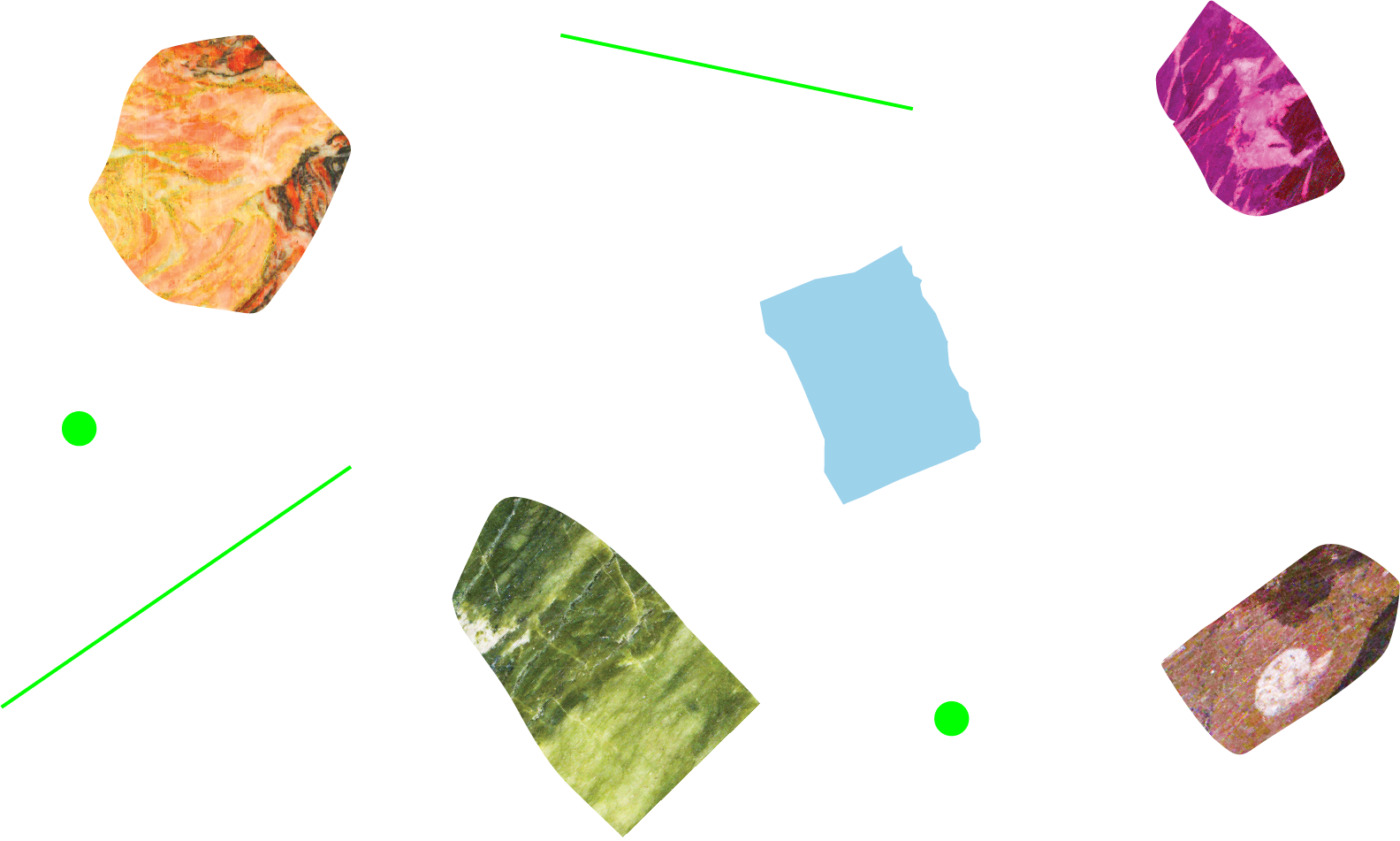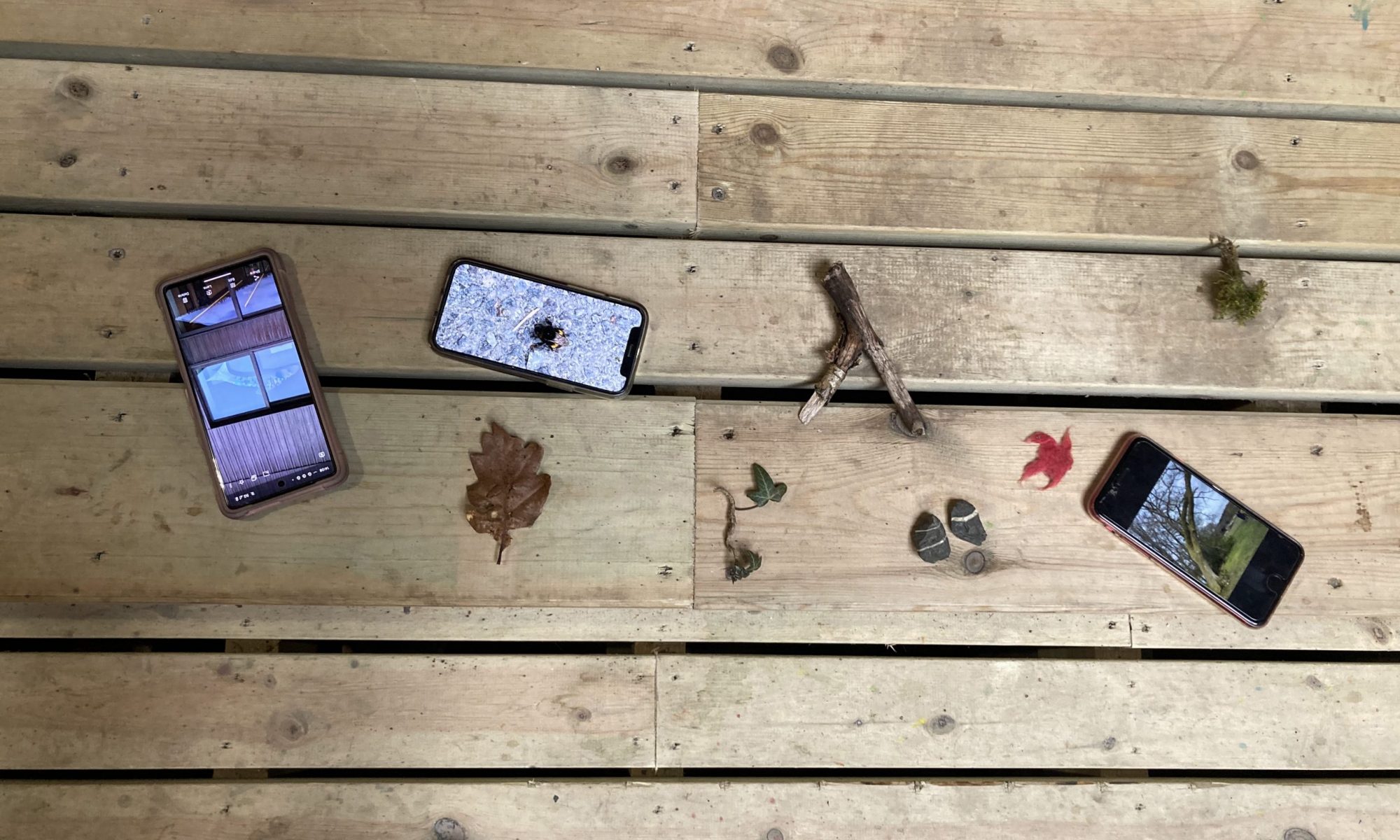How might we best respond to the climate crisis?
“I found the idea, discussed at one of the sessions, of ‘contributing to a future world we will never experience’ to be surprisingly calming. I have faith, even though I struggle with uncertainty.”
Collective Futures has focused on hearing from invited guests – artists, community activists and cultural strategists. Reflection has been a big part of the group’s sense-making, combining facts, feelings, interpretations and unlocking personal and professional relevance. The programme has given those involved new ways to think about their own work and/or working practices and begin to embed these individual and collective responses at carefully considered pace. The programme has led to direct action and infiltrated unexpected spaces, changing the way people think about their everyday activity for example – whether their actions go beyond sustainable to regenerative.
I also shared with (my neighbours) the story … about the polluted river which caused lots of issues in (an) area. This sparked another discussion, a wider one, about sustainability and ‘green’ initiatives, and prompted an old idea to resurface – to transform a small bit of a green space we’ve got between two of the buildings into a community garden. Everyone offered to contribute and it turned out we’ve already got all the resources we need in terms of tools, seeds, et., from people’s balcony gardens(including a 2-ton bag of soil which our neighbour has somehow been storing on his balcony since last summer. We got permission from the facilities management which I thought would be much trickier, and we’ll set the project in motion as soon as spring begins.”
Catch up on all Collective Futures updates and reflections including next steps and outcomes here.


